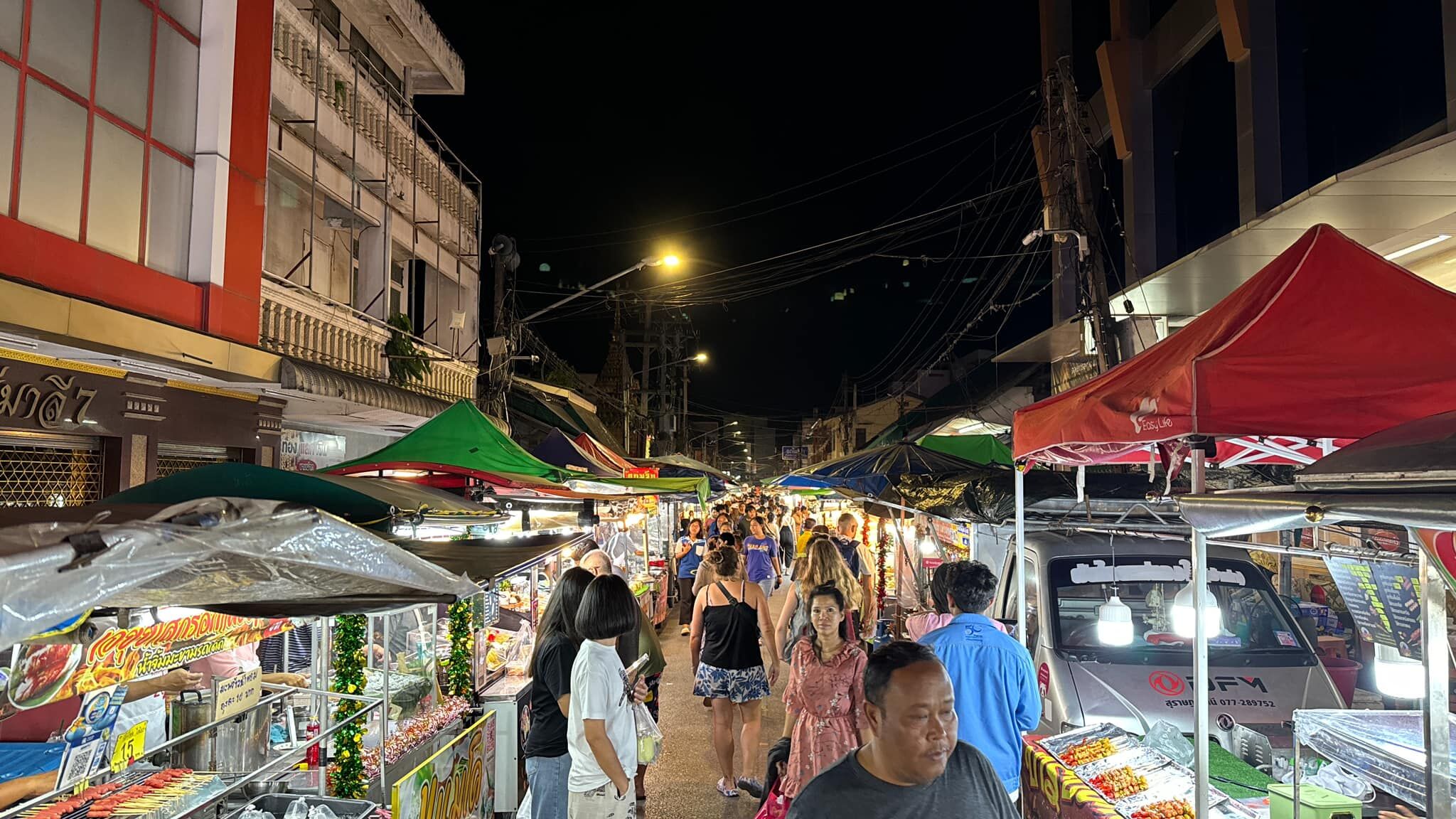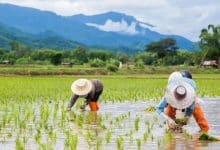Thailand’s CPI sees sixth consecutive monthly decrease

The consumer price index (CPI) in Thailand has seen a decrease for the sixth consecutive month as of March, as reported by the country’s Commerce Ministry. This marks the 11th month in a row that the CPI has fallen outside the target range set by the central bank, which is between 1% and 3%.
March’s CPI dropped by 0.47% compared to the previous year, a more significant decrease than the 0.40% forecast drop predicted in a poll by Reuters. Poonpong Naiyanapakorn, Director of Trade Policy and Strategy Office, explained in a press conference that the decline can be attributed to government energy subsidies, reduced food prices, and consumer goods.
Looking ahead to the second quarter, Poonpong suggests that inflation rates are likely to surpass those of the first quarter due to rising global oil prices and a weakening baht.
The core CPI for March, which does not take into account the typically fluctuating food and energy prices, saw a year-on-year increase of 0.37%. This is slightly less than the predicted 0.40% increase forecast in the Reuters poll.
Lastly, the ministry has revised its inflation forecast for 2024. The prediction now stands at 0.00%-1.00%, in contrast to the previous forecast of -0.30% to +1.7%, reported Bangkok Post.
In related news, the Business Development Department of the Commerce Ministry foresees a positive trend in new business registrations for the year. The projection rides on the anticipated recovery of the tourism sector, thriving e-commerce, and the burgeoning electric vehicles (EV) market.
In the first couple of months of 2024, new business registrations have seen a 1.57% increase, reaching a total of 17,270. The cumulative registered capital has also surged by 14.5%, amounting to 46 billion baht (US$1.3 billion), stated Auramon Supthaweethum, the director-general of the department. The leading categories for these new registrations were general construction, real estate, and restaurants.
The director-general attributed the uptick to several factors. The economy is on the rebound, tourism-related businesses are resuming operations post-pandemic, private consumption and exports are expanding, and significant public infrastructure projects are underway in alignment with the government’s bio-, circular, and green economic model.
Latest Thailand News
Follow The Thaiger on Google News:


























